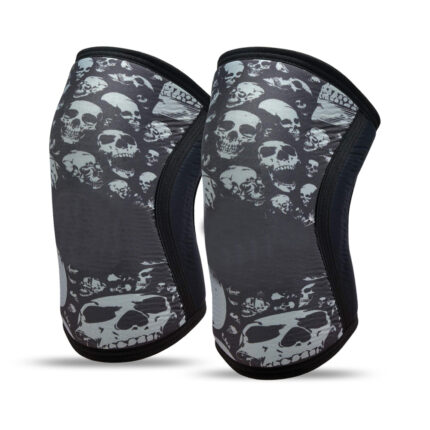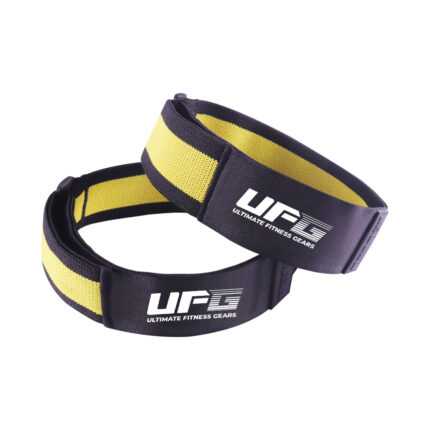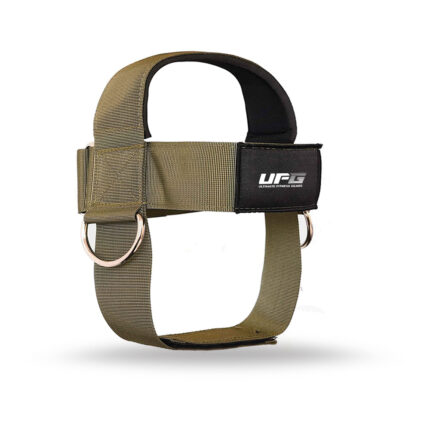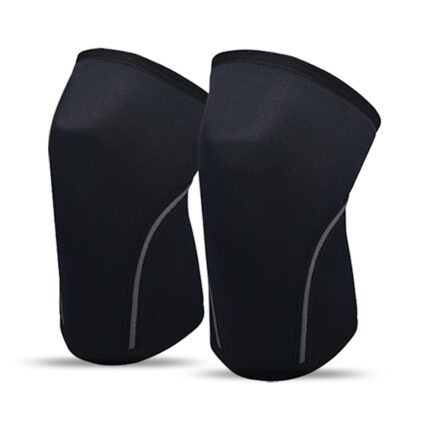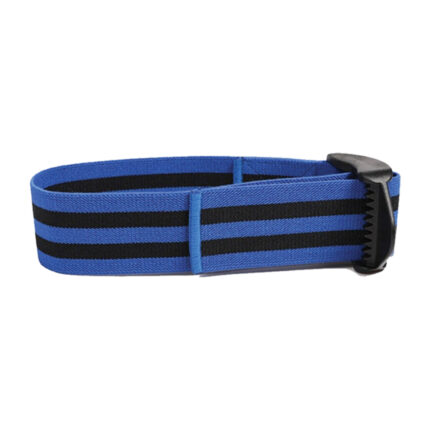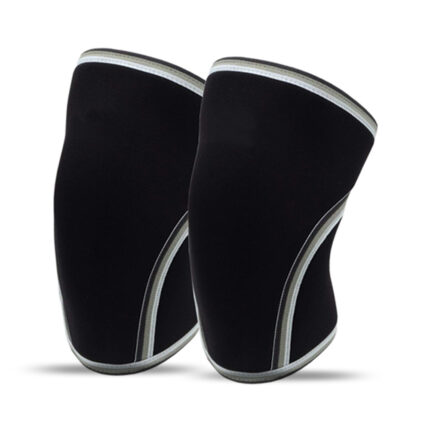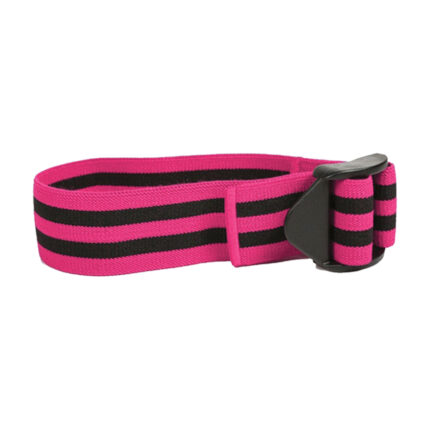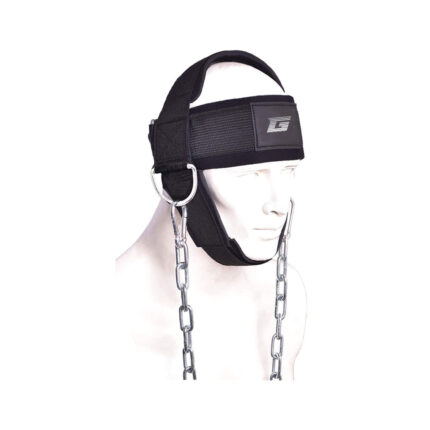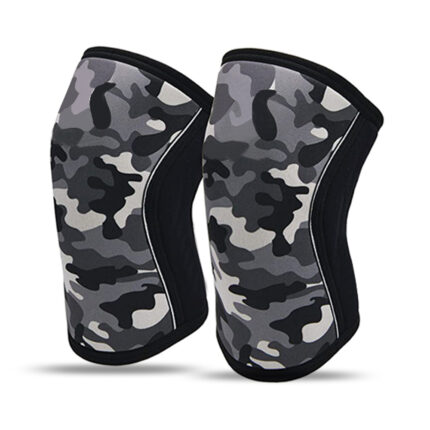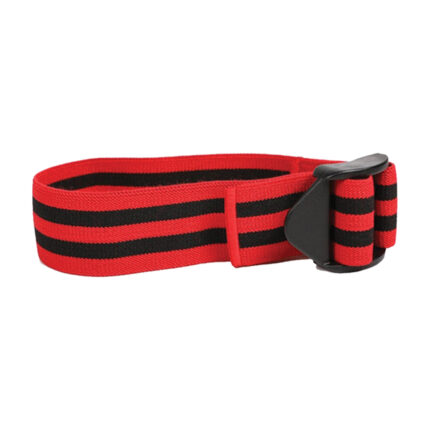Support Gears
Support gears typically refers to various equipment or accessories designed to provide support, stability, protection, or assistance to individuals during physical activities, sports, or medical situations.
Here are some common types of support gears:
- Joint Support: These include braces, sleeves, wraps, and supports designed to stabilize and protect joints such as knees, elbows, wrists, and ankles. They are often used by athletes, individuals with joint injuries, or those with conditions like arthritis.
- Compression Garments: Compression clothing like socks, sleeves, shirts, and shorts provide graduated compression to improve blood circulation, reduce muscle soreness, and enhance performance during workouts or recovery. They are popular among athletes and fitness enthusiasts.
- Back Support: Back braces and belts are worn to support the lower back and spine, providing stability and reducing the risk of injury during heavy lifting or activities that strain the back.
- Posture Correctors: These devices are designed to improve posture by providing support and encouraging proper alignment of the spine and shoulders. They can be worn discreetly under clothing and are useful for individuals with poor posture habits or those experiencing back or neck pain due to improper alignment.
- Foot Support: Orthotic inserts, arch supports, and specialty shoes provide support and cushioning for the feet, helping to alleviate discomfort, prevent injuries, and improve overall foot health.
- Recovery Aids: This category includes foam rollers, massage balls, and other tools used for self-myofascial release and muscle recovery. They help reduce muscle tension, improve flexibility, and speed up recovery after workouts or injuries.
- Safety Equipment: Helmets, pads, braces, and guards are worn during high-impact sports or activities to protect vulnerable areas of the body from injuries like concussions, fractures, or sprains.
These support gears can be beneficial for athletes, fitness enthusiasts, individuals recovering from injuries, or those seeking to improve their overall physical health and performance. However, it's important to choose the right gear and use it properly to avoid dependency and ensure long-term benefits. Consulting with a healthcare professional or sports medicine specialist can help in selecting the appropriate support gear for specific needs and conditions.



